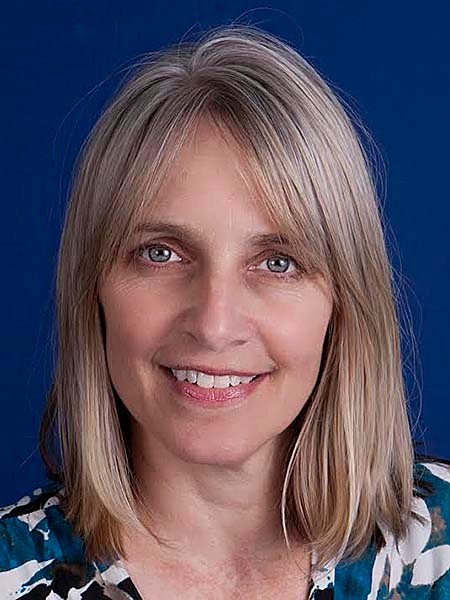Catherine Sama, professor of Italian at the University of Rhode Island, was recently awarded with the Genocide Education of the Year Award from the Rhode Island branch of the national Genocide Education Project.
What is your main objective in teaching your students about genocide?
My main purpose is to open students’ eyes to the fact of genocide in our past and in our present day, so that they know their history, but also so that they understand the factors and conditions that lead to genocide. It takes a whole society, not just a charismatic and dangerous leader, to foster the environment in which such mass killing can occur. I am especially committed to teaching students about the Armenian genocide because it is still so little known, despite having been a model for Hitler’s campaign to eliminate Jews and other “deviants.” It will be up to younger generations to push the U.S. government, among others, to officially recognize it as a genocide.
Your students study genocide through the lens of survivors by reading autobiographies and listening to survivors speak. Why is this the most effective method of teaching?
Whenever I teach history – in this case through literary works – my goal is to make it real and present to students by making it personal. When we have a personal connection to something, it enters our hearts and minds in a way that abstract or purely intellectual study does not. There is no more powerful way to achieve this than through direct contact with survivors and descendants of survivors. Their testimonies – especially if they can be delivered in person – can actually become part of us.
Why is it important to you personally to keep this dialogue going, no matter how uncomfortable the subject matter?
The act of genocide reveals perhaps the darkest side of human nature and our propensity to divide the world into groups of “us and them.” I think it is essential to understand the dynamics of how genocide happens and to do what we can to fight against it. For me, the first step is to create opportunities for a rigorous, clear-eyed and empathetic investigation of genocidal history, its aftermath and its presence in today’s world. •













